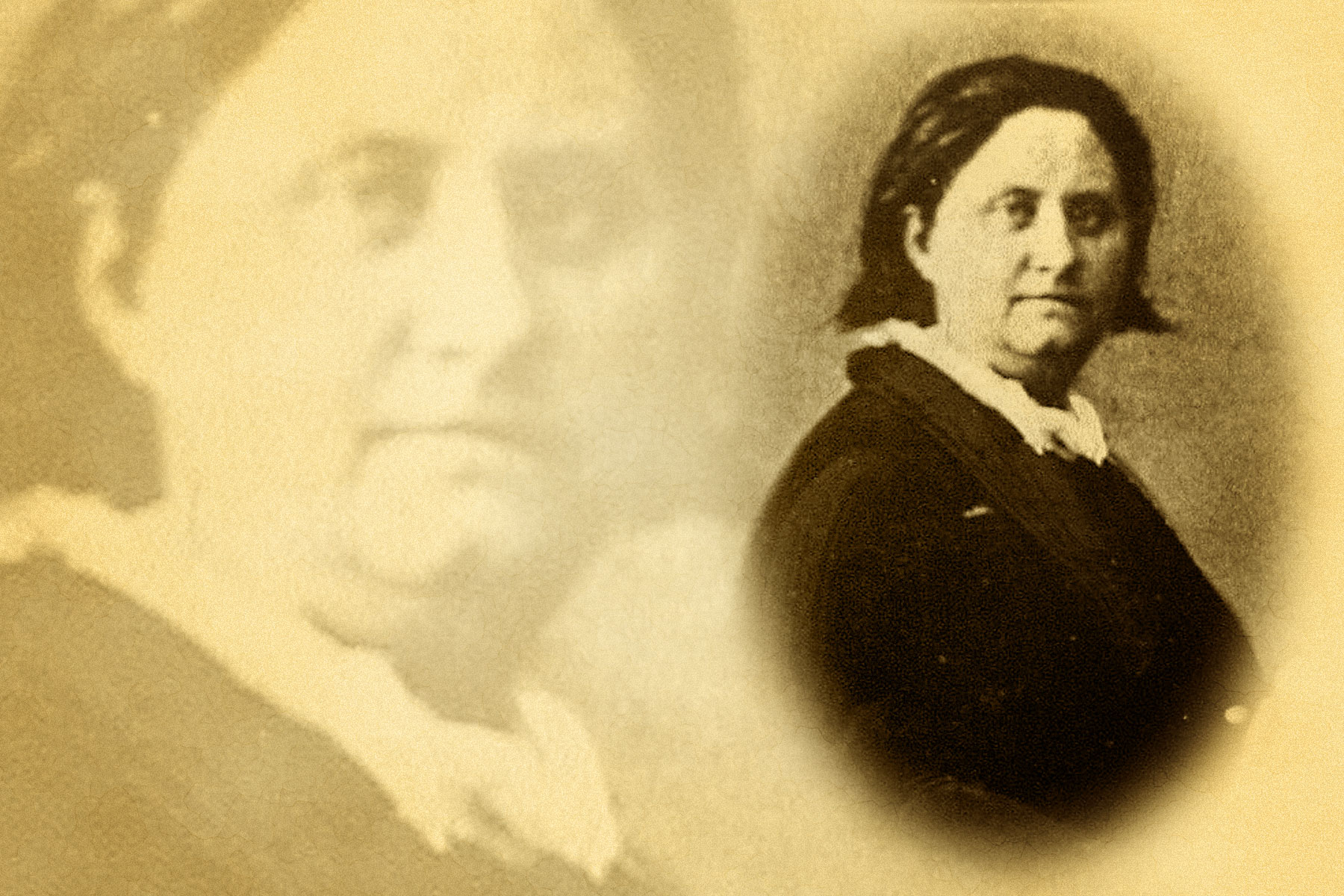
Today is the future from a century ago. During that bygone era, would young leaders of industry, government, health care, and education in Milwaukee been able to imagine the generational impact their lives would have on the city we live in today?

Mathilde Franziska Anneke
Age: 29
As a Prussian immigrant to Milwaukee, Mathilde Franziska Anneke found herself in legal limbo at a young age, when she filed for divorce during an era when it was nearly forbidden. She would go on to recreate her career as a feminist author and publisher, becoming a friend and colleague of Susan B. Anthony and Elizabeth Cady Stanton.
Much has been written about Mathilde Anneke as she was a significant German author in America and in all likelihood Milwaukee and Wisconsin’s first Women’s advocate with a national reputation.
She was born Mathilde Franziska Giesler in Leveringhausen, Westphalia. Her grandfather was nobility and he father was a wealthy mine owner. She was the oldest of 12 children in the Giesler family, well-educated by tutors in a devout Catholic family. At the age of 19 she married a wealthy wine-merchant by the name of Alfred von Tabouillot. Her father had incurred significant debts and Tabouillot agreed to pay off the debt and in turn the dutiful daughter, Mathilde, was to marry him as part of the bargain. She became pregnant soon after the marriage in 1836 and had a daughter named Johanna. The marriage was a failure and after one year Mathilde was suing for divorce. He is reported to have been a drunk and abuser.
Divorce in this time period was uncommon, especially within the Catholic Church and the process cast Mathilde out of the social status she had been born into and alienated her from her family and social circles. While she filed for divorce in 1837 it was not granted until 1843, leaving her in a legal limbo over those years.
The experiences of being an outcast as a woman, having to survive on her own and raising a child alone must have had a major impact upon her life’s direction. Mathilde was also experiencing the political upheavals in Germany that challenged the social order of the day. While participating in debates about the politics of the day she met Capitan Friedrich “Fritz” Anneke, a Prussian military officer and they married in 1847. Fritz was arrested for his political activities eventually released only to participate in 1848-49 revolution against the German states. The revolution failed and Fritz and Mathilde escaped to Switzerland and then immigrated to the US in 1849 arriving in New York in October of that year. They chose to live with Fritz’s cousin in Cedarburg, Wisconsin and then moved to Milwaukee in 1850.
Mathilde became active as a speaker and writer almost immediately upon their arrival in Milwaukee and by 1852 became the first woman to publish a feminist newspaper in the US, it was called the Frauen-Zeitung. All of her writings would be in German and she would also translate writings of other women advocates like Susan B. Anthony and Elizabeth Cady Stanton into German. She was also considered to one of the Freie-Gemeinders (free thinkers) associated with the “48ers” revolutionaries who migrated to the US in this period.
By 1853 Mathilde and Fritz had moved to New York to establish a newspaper and she continued to publish he Woman’s newspaper with a peak circulation of about 2000 and continued her speaking engagements advocating for women’s rights, political change and advocating abolition of slavery. The Anneke’s had seven children but only three survived to adulthood. By 1858 they returned to Milwaukee and for a period of time lived with Sherman Booth and his wife; Booth was the publisher of the Wisconsin Free Democrat newspaper and an ardent abolitionist as was Anneke. By 1859 Fritz went to Italy and Switzerland to be a war correspondent and eventually he returned to Milwaukee to volunteer in the 48th Wisconsin Regiment in the Civil War. He was commissioned as a Colonel.
By time of the Civil War Fritz and Mathilde had become estranged and rarely lived together, but they never divorced. At the end of the Civil War Mathilde would establish a girls school called Milwaukee Tochter Institute, which she would lead for the next 18 years. The institute was fashioned after the classical German model of the Gymnasium and of course instruction was in German. Many of the influential Milwaukee German families sent their daughter’s to the school and helped support the school financially as the tuition of $350 per year failed to cover all the costs. Her two daughters also taught at the school.
Mathilde is buried with her estranged husband, who died in 1871 in an accident in Chicago, at Forest Home Cemetery in Milwaukee. Her headstone, inscribed in German, translated reads as follows:
“We never shook in stormy weather. Instead we believed in the divinity whose love still builds tabernacles” which is adapted from a book written by August Pfarrius a German writer and poet.
April 3, 1817 – November 25, 1884
Paul Haubrich Series: Yesteryear’s Forty Under 40













